
The comment by a reader of mine, Sergio, attracted my attention. He asked: what is the reason that keeps preventing the opposition in Cuba from growing strong?
According to his writing, Sergio left the island a short while ago and still has fresh memories of the disagreements and fears here. He thinks that the people are still being paralysed despite recognising that the political and the economic systems are failing, because they dread something worse. Just like the popular sayings: “To jump from the frying pan into the fire” or “Better the Devil you know than the one you don’t.”
The commentator asserts that the historical leadership is still in power, firstly because the opposition cannot offer a model for the future development of Cuba, and secondly, because the malicious propaganda machinery, the indoctrination and the disinformation have demonised the concept of capitalism to the point that it is perceived as the apocalypse, exemplified by the social model of North America: “TOTAL liberty, the State is not responsible for exercising control… and things work if they are private.”
He suggests to the dissidents that if they propose “the American way” they will find it hard to convince the rest of the Cubans, “who don’t want to shift constantly from the extreme Stalinist left to the far ‘Republican’ and neoliberal right… Cubans want the best of capitalism and the best of socialism.”
To illustrate his thoughts he presents two proposals and economic models for the opposition groups:
His first proposal: “We are THIS group, here is my programme: Once democracy is achieved we want a liberal Cuba where the free enterprise and market forces set the guidelines of the society, the government lets the market operate on by its own rules, everyone has a health insurance if he or she wants medical care, and everything or almost everything is private property, because the State is not competent.”
Later he asks: “What do you do if you don’t have enough to pay for your father’s cancer treatment?” “We know that health is the one most precious things and therefore it is what concerns people most,” he argues. On this point I agree with Sergio, in a future full of changes not all of us are going to be prosperous entrepreneurs.
I agree once again when he claims that “the opposition has to focus, and each group, independent of the common goal (the end of the dictatorship and establishment of democracy) has to present its own detailed plan.
Unfortunately, the majority of the opposition groups within the Island do not seem to grasp the idea of a political programme, occasionally they don’t understand what this is. It is also hard to know for sure what is the ideology they profess. Sometimes I have the impression that they associate the term liberal with liberation, hence it is difficult to know what is the model or alternative for the government that they offer to the Cuban public.
Second proposal: “We are THAT OTHER group and this is my programme: When Cuba is to be free we want full liberty and support for the free enterprise, but subject to economic, financial and fiscal regulations that prevent those unbalances in the system that end up with the taxpayers footing the bill. There will be a serious fiscal system in order to create a social security covering the basic needs: labour rights, free and universal medical care, education facilities. The State will cease determining the degree entrepreneurial activity…, but it will never let the course of the country’s economic development to be set by the market alone. We’ll have a sober economic planning based on industrialisation and R&D (Research and Development) as a guarantee for sound and sustained economic growth… and independent of cyclical activities like the real estate business or tourism that are a feast today but famine tomorrow.
Sergio insists on the need to explain that “there is a form of capitalism that respects the right of the people to have their business, from a cafeteria to a designer company and even a multinational metallurgical enterprise… to earn millions of euros and to be millionaires…, and all of this being Cubans in Cuba, achieved with their ingenuity and work, at the same time enjoying guaranteed free and universal medical care and education for their whole family… and everyone pays into social security… and moreover, a right to attend colleges and universities and private health care for those who wish it.”
The commentator does not believe that wrongs in Cuba are due to socialism, but rather to FIDELISM. “Our problem is Fidel and his dictatorship, the dictators are neither communists nor capitalists,” he argues. He doesn’t like the American model either and thinks that it is time for the Cubans to “look closely at well developed models that are socially fair if not egalitarian.”
He advises the dissidents to “PULL THEIR HEADS OUT OF MAIMI and take a look at Germany and the rest of Europe (excluding Spain, Portugal and Italy), it does not matter whether the government is left or right, it still makes some difference, but to a great extent they have reconciled very well liberty and economic development with a high standard of welfare and social justice.”
“If there is a group out there that has a programme with these ideas… I’ll sign up together with my family, otherwise I support them regarding the common goal to get rid of the Castros… but I will give them my neither my vote nor my confidence… and I think that the majority of the Cubans in Cuba will feel this way,” he finishes.
I also think that from now on it is necessary to explain WHAT DOES THE OPPOSITION OFFER TO CUBANS. The economic model ought to be chosen by all in free elections and will be put in place by the political group that manages to see BEYOND THE HORIZON.
Laritza Diversent
Translated by: undef
undef@rocketmail.com
August 15, 2010
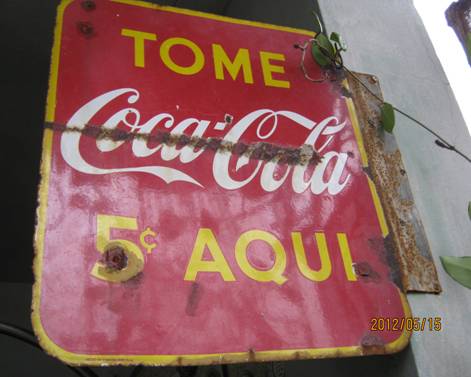 A few years ago, passing by with my friend in her car, I suddenly saw out the window, in the middle of some trash, something red that caught my attention.
A few years ago, passing by with my friend in her car, I suddenly saw out the window, in the middle of some trash, something red that caught my attention.
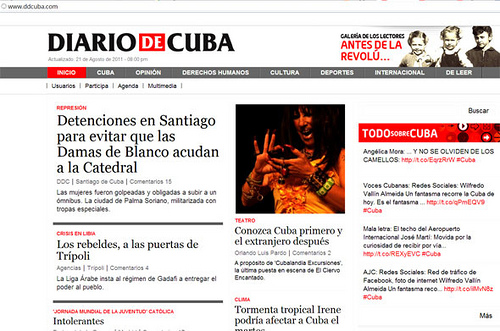
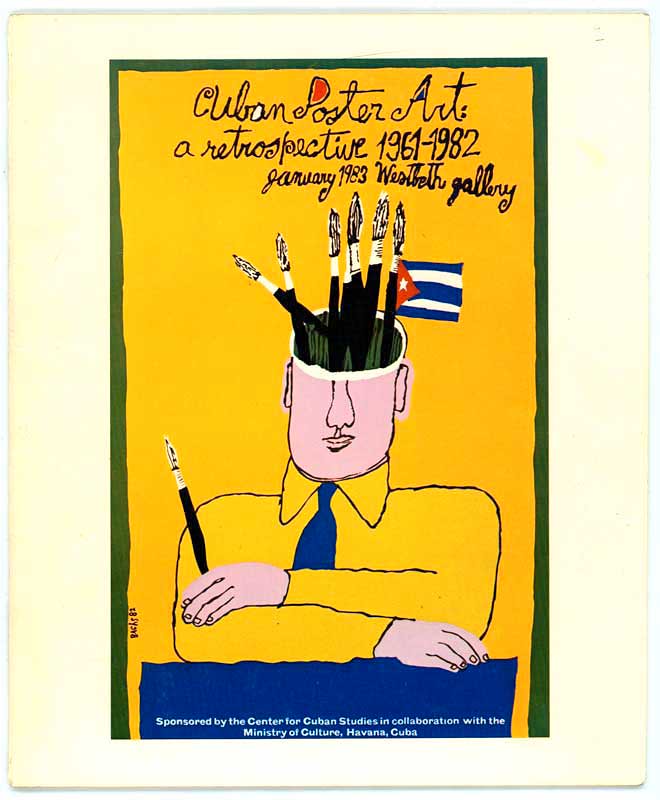
 In recent times the postal parcels from overseas sent to Cubans who publicly express disagreement with the government are being confiscated. The Post Customs, an entity belonging to the General Customs of the Republic has been using the seizures of shipments originating from foreign countries as a filter applied to the dissidents.
In recent times the postal parcels from overseas sent to Cubans who publicly express disagreement with the government are being confiscated. The Post Customs, an entity belonging to the General Customs of the Republic has been using the seizures of shipments originating from foreign countries as a filter applied to the dissidents.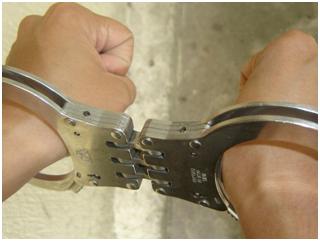 After his speech before the National Assembly, in which Raul Castro warned that “there will be no impunity for the enemies of the homeland,” the repressive and intimidating actions against opponents have intensified.
After his speech before the National Assembly, in which Raul Castro warned that “there will be no impunity for the enemies of the homeland,” the repressive and intimidating actions against opponents have intensified. On the 15th of July the second chamber of Civil and Administrative Law of the Provincial Court of the City of Havana summoned the incumbent Minister of Justice, María Esther Reus González, in the matter of the lawsuit filed by the Cuban Law Association (CLA)for denying their request for certification, a step that is indispensable for the legalisation of this organisation of independent lawyers.
On the 15th of July the second chamber of Civil and Administrative Law of the Provincial Court of the City of Havana summoned the incumbent Minister of Justice, María Esther Reus González, in the matter of the lawsuit filed by the Cuban Law Association (CLA)for denying their request for certification, a step that is indispensable for the legalisation of this organisation of independent lawyers.
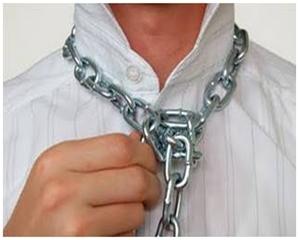 The announcement of the liberation of 52 political prisoners was described by some as “great news”, while others received it with caution and even suspicion. However, the legal grounds for the release, an event considered to be the most significant of its type in a long time, remained unclear.
The announcement of the liberation of 52 political prisoners was described by some as “great news”, while others received it with caution and even suspicion. However, the legal grounds for the release, an event considered to be the most significant of its type in a long time, remained unclear.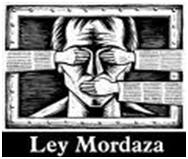
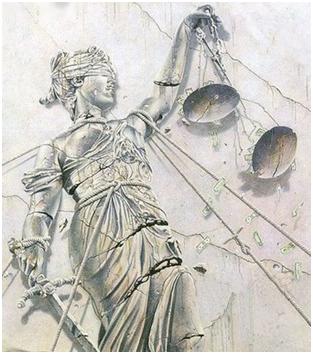 The establishment of an association in Cuba requires authorization from the Ministry of Justice. It lies in its discretion to allow or disallow a group of citizens to exercise its constitutional right of freedom of association. Its decision depends on an investigation of the legality and appropriateness.
The establishment of an association in Cuba requires authorization from the Ministry of Justice. It lies in its discretion to allow or disallow a group of citizens to exercise its constitutional right of freedom of association. Its decision depends on an investigation of the legality and appropriateness. To consent means to express, explicitly or implicitly, agreement with something. A decision that is legally binding, because one assumes rights and obligations. This way, the consent becomes a requirement of the capacity to act.
To consent means to express, explicitly or implicitly, agreement with something. A decision that is legally binding, because one assumes rights and obligations. This way, the consent becomes a requirement of the capacity to act.